Research theme

Disaster and the power to live
We are conducting various studies on human mind and behavior in disasters.
In particular, we clarified 8 factors (leadership, problem solving, altruism, stubbornness, etiquette, emotion regulation, self-transcendence, and active well-being) of the “power to live with disasters” in a survey of survivors of the Great East Japan Earthquake (2011), and using this questionnaire we are conducting various surveys, behavioral experiments, and clarification of their psychological and brain bases. We aim to apply the results of our research to disaster management and general education.
Eight Personal Characteristics Associated with the Power to Live with Disasters as Indicated by Survivors of the 2011 Great East Japan Earthquake Disaster (Sugiura et al., PLoS ONE, 2015)
A Concise Psychometric Tool to Measure Personal Characteristics for Surviving Natural Disasters: Development of a 16-Item Power to Live Questionnaire (Ishibashi et al., Geosciences, 2019)
Surveys and behavioral experiments
Psychological Processes and Personality Factors for an Appropriate Tsunami Evacuation (Sugiura et al., Geosciences, 2019)
Survival-oriented personality factors are associated with various types of social support in an emergency disaster situation (Sugiura et al., PLoS ONE, 2020)
Two Major Elements of Life Recovery After a Disaster: Their Impacts Dependent on Housing Damage and the Contributions of Psycho-Behavioral Factors (Sato et al., J Disaster Res, 2021)
Self-help and mutual assistance in the aftermath of a tsunami: How individual factors contribute to resolving difficulties (Sugiura et al., PLoS ONE, 2021)
Intentional binding and self-transcendence: Searching for pro-survival behavior in sense-of-agency (Niikuni et al., Conscious Cogn, 2022)
Adaptability, supernaturalness, and the neurocognitive basis of the self-transcendence trait: Toward an integrated framework through disaster psychology and a self-agency model (Sugiura, Front Behav Neurosci, 2022)
Does the eight-factor “power to live” in disaster exist since childhood? (Matsuzaki et al., Front Public Health, 2022)
Personality Traits and Types of Housing Recovery after the 2011 Great East Japan Earthquake and Tsunami (Honda et al., Sustainability, 2023)
Motivational decline and proactive response under thermal environmental stress are related to emotion- and problem-focused coping, respectively: Questionnaire construction and fMRI study (Kawata et al., Front Behav Neurosci, 2023)
Coping behavior under COVID-19 pandemic (Ding et al., Front Psychiatry, 2023)
Adoptation to digitization society (Hamamoto et al., Front Psychol, 2023)
Tsunami evacuation online experiment (Takubo et al., J Disaster Res, 2024)
Better-Than-Average effect (Ding et al., Fron Psychol, 2024)
Brain studies
Taking another’s perspective promotes right parieto-frontal activity that reflects open-minded thought (Miura et al., Social Neuroscience, 2020)
Automatic adaptive emotion regulation is associated with lower emotion-related activation in the frontoparietal cortex and other cortical regions with multi-componential organization (Sugiura et al., Front Behav Neurosci, 2023)
Why people hesitate to help: Neural correlates of the counter-dynamics of altruistic helping and individual differences in daily helping tendencies (Wijaya et al., Front Psychol, 2023)
Social-coalitional trait is related to coping capacity with mortality threat: association with leadership and a reduced parietal response to mortality salience (Hirano et al., Front Psychol, 2023)
- The Self in the Brain
- Where value comes from?
- Language and communication
- Disaster and the power to live
- Human brain science for the future
Related News

202410.22
Do you consider yourself to be superior to others in every domain? (Paper publication)
People tend to have positive self-evaluations in which they believe they are better than others. How
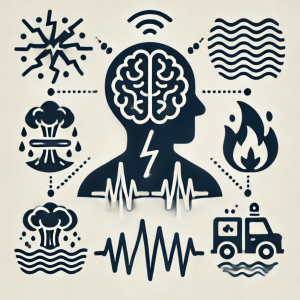
202409.18
An international collaborative fMRI study to elucidate language behavior during disasters (article in press)
Successful disaster management requires appropriate language communication and correct behavioral ch

202409.07
Does the number of surrounding others influence evacuation decision (Conference Poster Presentation).
It is known that the actions of others influence evacuation behavior during a disaster, but does the
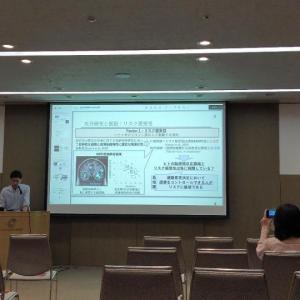
202405.27
Exploring Brain Regions Associated with Risk Sensitivity and Risk Scrutiny Attitudes Toward Tsunami Evacuation Behavior(oral presentation)
In our behavioral experiments using a tsunami evacuation simulation task, we found that risk sensiti

202405.27
What neural basis do emotional control characteristics contribute to tsunami evacuation decision making?:An fMRI Study (Poster Presentation)
Previous studies have found that emotional regulation characteristics contribute to immediate tsunam
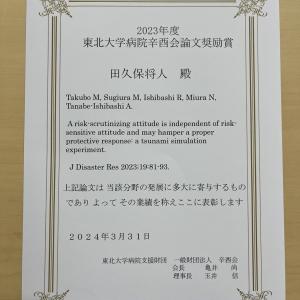
202404.22
Received Award for the English Paper by an Undergraduate Student in the School of Medicine(Tohoku University Hospital Shinyukai Award for Encouragement of Thesis)
This award is given to undergraduate medical students and residents who have published papers in Eng

202402.01
How Disaster Prevention Videos Contribute to Tsunami Evacuation(Paper publication)
Disaster education through videos is widely used to promote evacuation from earthquakes and tsunamis
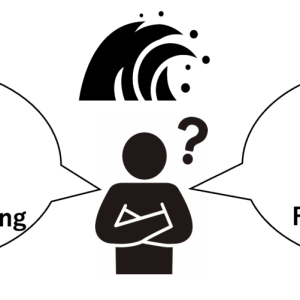
202402.01
Relationship between Risk Perception Attitudes and Individual Factors Contributing to Tsunami Evacuation Decision Making (Paper publication)
In coastal areas, when an earthquake occurs, people need to take evacuation actions from the tsunami

202311.04
How Does the Fear of Infection Make Us More Community-Minded? (Poster Presentation)
It is well-established that shifts in risk perception due to the proliferation of infections can ste
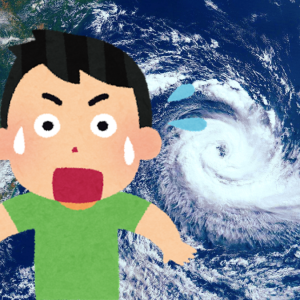
202309.12
Application of Brain Function Measurement to Disaster Prevention Research (Workshop Presentation)
The key to the application of brain science to disaster prevention is the development of experimenta

